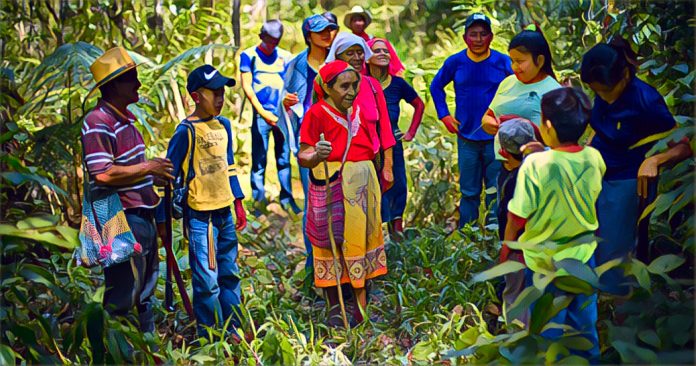Key points
-
126 environmental defenders killed in Africa since 2012.
-
DRC named the continent’s most dangerous country.
-
Nigerian activists face arrests, threats and violence.
At least 126 people who tried to protect land, forests and wildlife in Africa have been killed or disappeared since 2012, according to a new report by Global Witness.
The Democratic Republic of Congo (DRC) accounted for nearly two-thirds of the cases, making it the most dangerous country for environmental activists on the continent.
Kenya, Liberia, South Africa, Chad and Uganda also recorded several killings.
The report, Roots of Resistance, was released on Wednesday and highlights the risks faced by people who defend natural resources.
Global figures fall but risks remain high
Worldwide, Global Witness documented 146 killings of land and environmental defenders in 2024. That was a drop from 196 in 2023, but it still means about three people are killed or disappear every week.
Laura Furones, a senior advisor at Global Witness, said the real number of victims is likely much higher.
“Many cases are not reported because people are too scared to speak out,” she said at the Nigeria launch of the report, hosted by the Renevlyn Development Initiative.
She warned that shrinking civic space in Africa is leaving defenders vulnerable to threats, violence and criminal charges.
Deadly attacks in Africa
In 2024, nine environmental defenders were killed in Africa. Four of them were in the DRC, including two park rangers and two activists working in Upemba National Park.
All four were targeted while trying to protect elephants and stop illegal mining.
Liberia recorded three killings, while one activist each was killed in Cameroon and Madagascar.
Nigeria was not among the countries with reported killings last year, but the report flagged growing risks.
In Cross River State, Indigenous communities say they are facing threats and arrests as they resist illegal logging near the Cross River National Park.
One activist, Odey Oyama, was arrested in January with four others and charged with promoting inter-communal war — an offense that carries a life sentence.
Oyama, who leads the Rainforest Resource Development Centre, said his arrest was meant to silence opposition to logging.
“Defending our environment is a perilous job. You can easily be killed. I have just been lucky,” he said.
Call for stronger protection
Community leaders in Nigeria and elsewhere are calling for international support.
Martins Egot, who heads the Ekuri Initiative, said communities need recognition and backing. “
When communities like ours are empowered, they become the most effective guardians of the environment,” he said.
The report urges governments and companies to protect defenders and hold those behind the attacks accountable.
It also highlights the role of Indigenous groups in safeguarding forests and tackling climate change.



